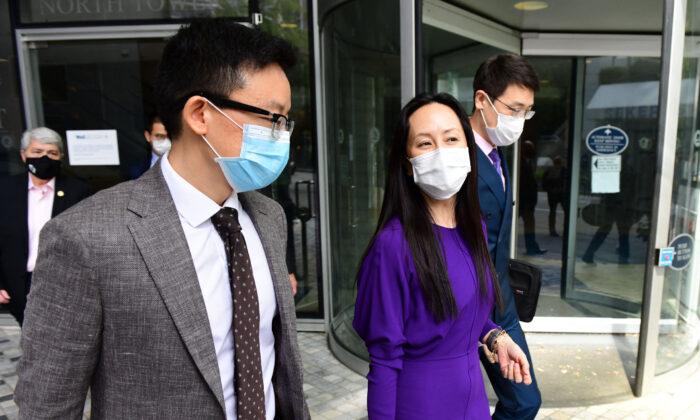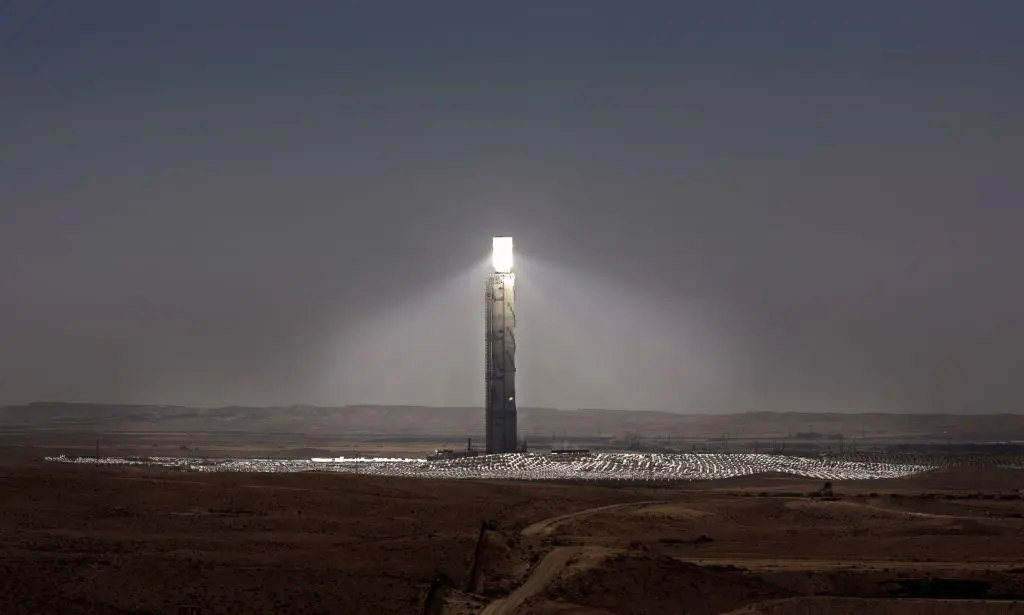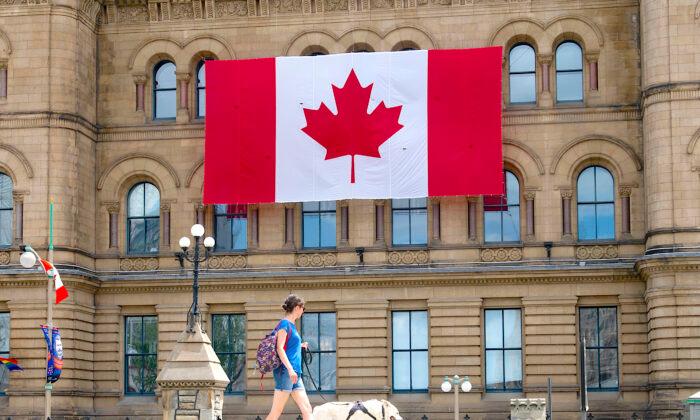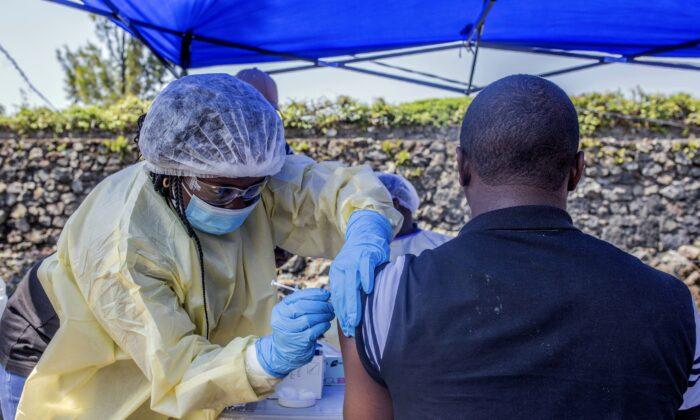Commentary
Meng Wanzhou, the chief financial officer of Huawei and the daughter of the tech giant’s founder, has been fighting extradition to the United States ever since December 2018, when Canadian authorities arrested her at the Vancouver airport at the behest of the U.S. government.
Her Canadian lawyers argued, among numerous other points over three years now, that the extradition request should be denied since the charges against her—committing bank fraud in an attempt to
sell embargoed computer equipment to Iran’s largest mobile-phone operator—violated Meng’s Charter rights. “
Fundamental justice demands that Meng not be extradited to face trial on these legally and factually flawed allegations,” and that she be free to leave Vancouver and return to China.
In truth, all that is keeping Meng from returning to China is rule by the Chinese Communist Party (CCP). Had Meng and her father been citizens of almost any other nation on Earth, and had Huawei not been China’s foremost national champion, she would have been free to leave Vancouver long ago. Meng is a de facto captive of her own country more than of Canada or the United States.
Financial crimes such as the bank fraud Meng is accused of are commonly settled out of court through what are known as
deferred prosecution agreements (DPAs) or their close cousins, non-prosecution agreements (NPAs). The United States has settled
some 600 of these, including for sums in the eight and nine digits with a Who’s Who of industry, among them
Goldman Sachs ($2.9 billion),
JP Morgan ($1.7 billion), HSBC ($1.9 billion), and Toyota ($ 1.2 billion).
When companies are caught in misdeeds, they typically pay the fines, implement some reforms, promise to clean up their act, agree to supervision, and pretty much carry on as usual. No one formally admits guilt to a crime or is even prosecuted (hence the “deferred” in deferred prosecution agreements), and certainly no one goes to jail. DPAs typically amount to little more than a slap on the wrist, just another cost of doing business and nothing to get overly fussed about.
Unless the wrist that gets slapped belongs to a national champion of the CCP such as Huawei, making the wrist that gets slapped close to that of Party leader Xi Jinping. If Huawei wasn’t China’s preeminent national champion, a company indispensable to Beijing’s stated goals of world dominance, Xi and the CCP could downplay the significance of its getting caught out. A case in point involves ZTE, a Chinese telecom firm far less important than Huawei. When it
agreed to a settlement with the U.S. Department of Justice for its misdeed—a 2010 illicit sale to Iran—the CCP successfully distanced itself from ZTE by portraying it as an independent multinational that needed to
take its licks.
Huawei can’t be so easily distanced. In Xi’s
telling of China’s rise,
Xi’s father was
instrumental in creating the Shenzhen economic zone that gave Ren Zhengfei the wherewithal to create Huawei.
Xi also intervened with President Donald Trump at a 2019 G-20 meeting to promote Huawei’s interests in the United States. An admission of guilt by Meng, or anything close to it, would taint Xi and diminish his wolf-warrior stature. An admission of guilt by Meng would also taint her father, with unpredictable consequences. Xi has had no compunction in taking down
Jack Ma of Alibaba and other titans of Chinese industry when he saw them as more of a liability than an asset. Meng must know that her fate and her father’s would not be secure if they threatened Xi and the CCP with losing face, something unforgivable in Chinese culture.
Although Meng and her lawyers
have been negotiating a DPA, the terms of the settlement that have been offered to date have never been acceptable to Meng. Given the choices she has had since 2018—risking a 30-year jail sentence should she lose in a U.S. court, accepting a DPA that would see her return to China and face the wrath of Xi, or delay, delay, delay in Vancouver, where she lives in the lap of luxury in her multimillion dollar homes with her Huawei staff, servants, and chauffeur-driven limousine—it’s no mystery why she has decided to remain in Canada.
Views expressed in this article are opinions of the author and do not necessarily reflect the views of The Epoch Times.







Friends Read Free